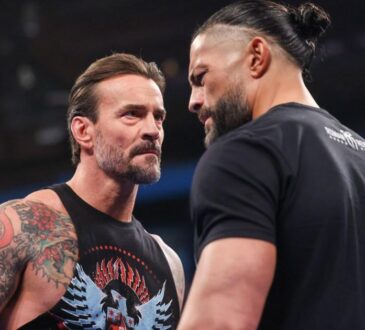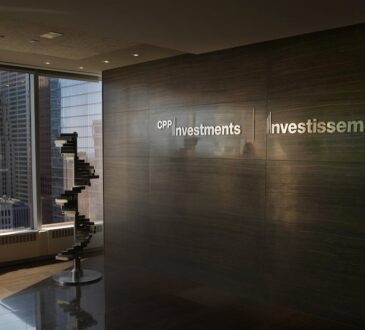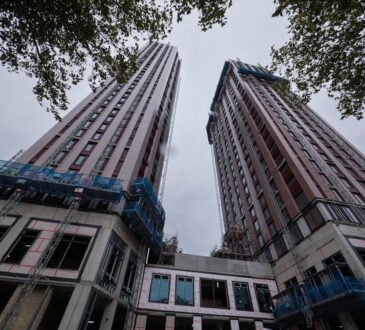
“Even if the mainland courts accept this, it is going to run into political and social issues,” he says.
“I don’t think local governments are going to be amenable to just selling them off and getting the money over as quickly as possible.”
For Western investors, the liquidation of Evergrande marks the end of a slow-motion car crash that started several years ago.
Before China’s property crisis, when the so-called Golden Era was in full swing, Evergrande raised money by issuing IOUs in dollars rather than renminbi to lure international investors.
Western fund managers like Ashmore, Amundi and Legal & General, as well as banks such as HSBC and UBS, lapped up so-called “Kungfu bonds”, with Evergrande holding around $19bn worth of IOUs at its peak.
However, as the company unravelled and ultimately defaulted, these bonds fell from being worth 95 cents in the dollar to just 20.
They are now trading at around just 1.5 cents in the dollar, attracting the attention of vulture funds who buy cheap debt to squeeze a few more pennies from insolvency.
In recent years, Evergrande’s debt has been acquired by funds such as Saba Capital Management, led by US hedge fund boss Boaz Weinstein, who made millions of dollars from the infamous “London Whale” trade.
It is unclear which investors sit in the bondholder group led by Moelis and Kirkland while Saba declined to comment.
However, one bond investor says: “At those prices, they will be purely distressed guys.
“These are teams where there are as many lawyers as there are portfolio managers because the key thing is trying to predict how courts will play it.”




